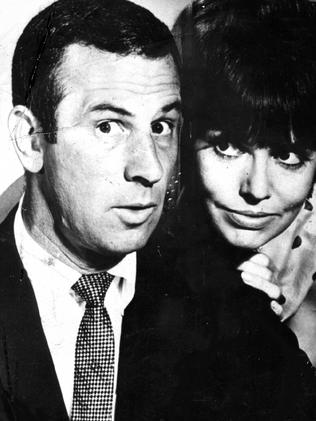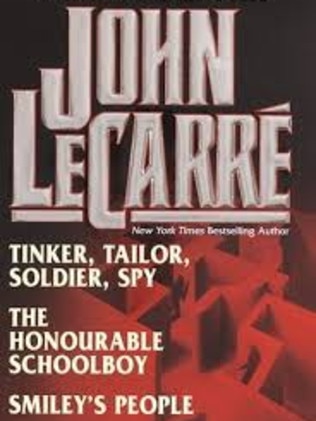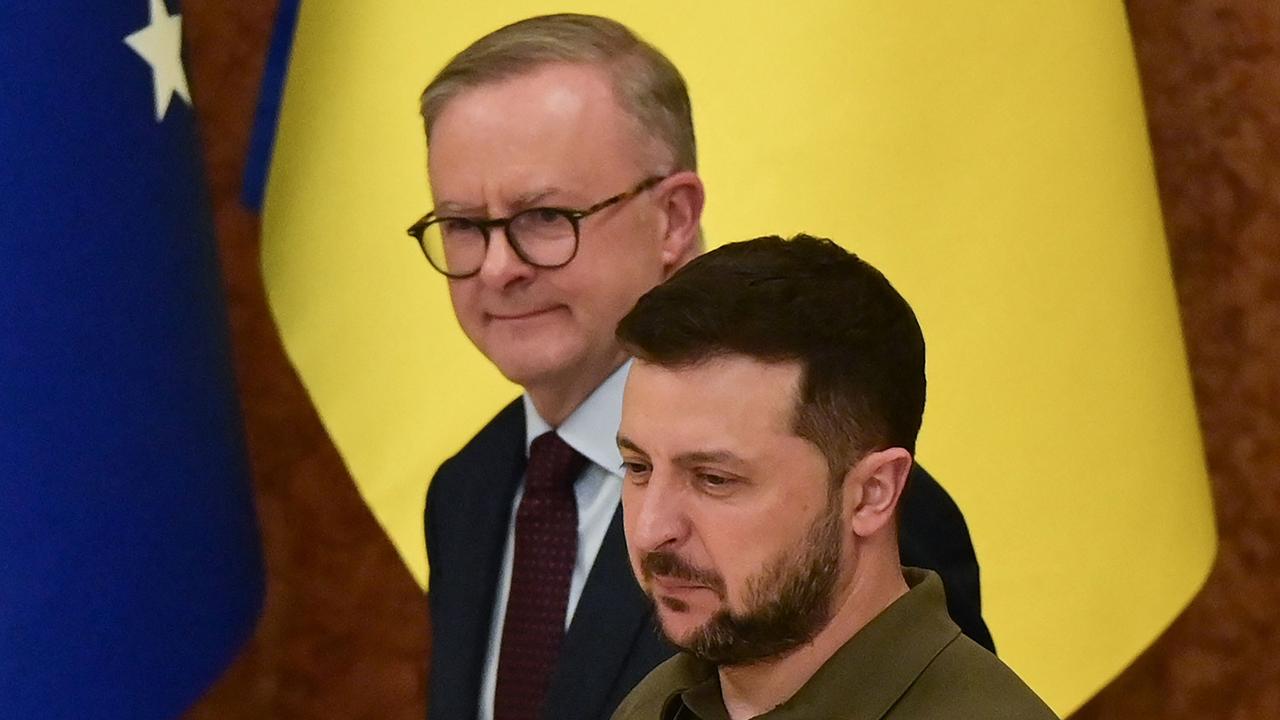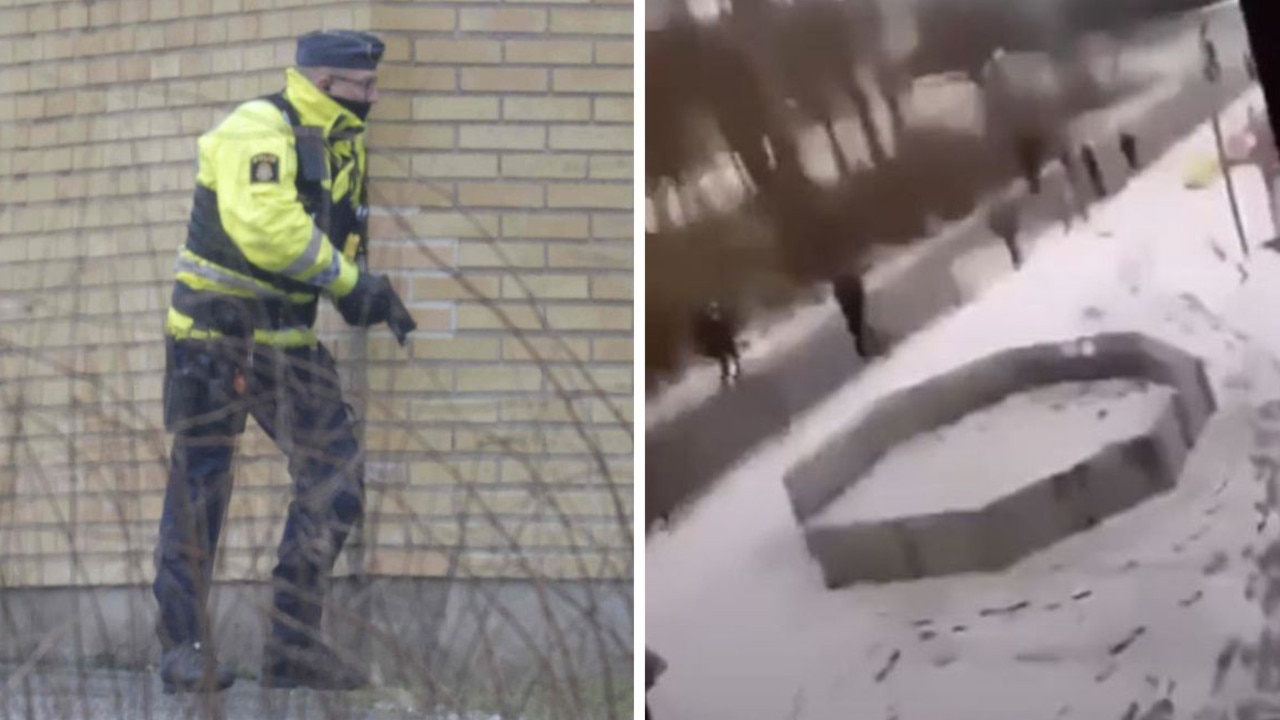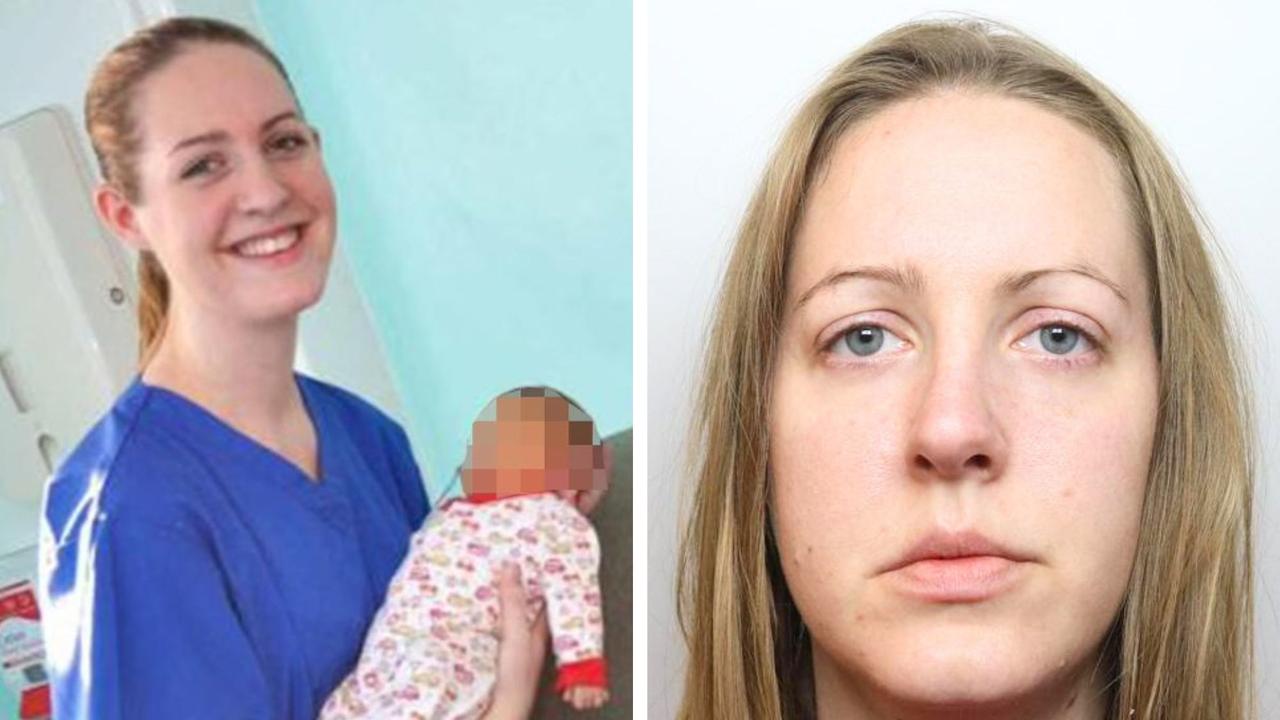How Cold War II could play out now that Russia has cryptically declared it’s ready
RUSSIA has announced the second Cold War via Twitter, but how will it differ from the deadly cloak-and-dagger world of the first Cold War?
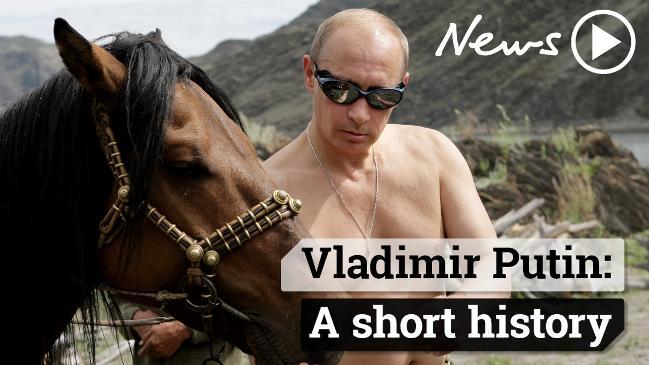
RUSSIA has declared via Twitter that Cold War II has begun.
The advent of this second Cold War was signalled by UK Prime Minister Theresa May’s announcement this week that Britain will expel 23 Russian diplomats.
The decision follows the nerve gas poisoning of former Russian spy Sergei Skripal and his daughter Yulia on March 4 — which has set off a war of words between the two countries.
Ms May has firmly accused Russia of carrying out the attack, with the nerve gas identified as Novichok, a military-grade agent developed in the Soviet Union near the end of the Cold War.
Her plan to eject the diplomats is the biggest such expulsion since the Cold War, and includes a breaking off of high-level contacts with the Kremlin.
And in a stunning tweet in the early hours of Thursday, after a series of Twitter salvos fired over the bows, the Russian Embassy in the UK appears to have confirmed the Cold War is back on.
MORE: Kremlin slams Britain’s ‘absolutely irresponsible’ position
Below a photo of a thermometer at below zero sitting in ice, the embassy tweeted “The temperature of [Russian flag, British flag emojis] relations drops to -23, but we are not afraid of cold weather.”
OUT IN THE COLD
So what does a second Cold War mean and how will it differ from the first?
Espionage, secret dealings, dead drops, double agents and a cloak-and-dagger fight far more dangerous than actual warfare made up the clandestine world of the first Cold War.
A major element was the ever-present threat of nuclear war, and the end of the world seemed as close as the pressing of a button.
Cold War II in the age of Twitter and social media may not be as silent, but could prove just as deadly.
The temperature of 🇷🇺 🇬🇧 relations drops to âž–2ï¸âƒ£3ï¸âƒ£, but we are not afraid of cold weather. pic.twitter.com/mand9YyoaE
— Russian Embassy, UK (@RussianEmbassy) March 14, 2018
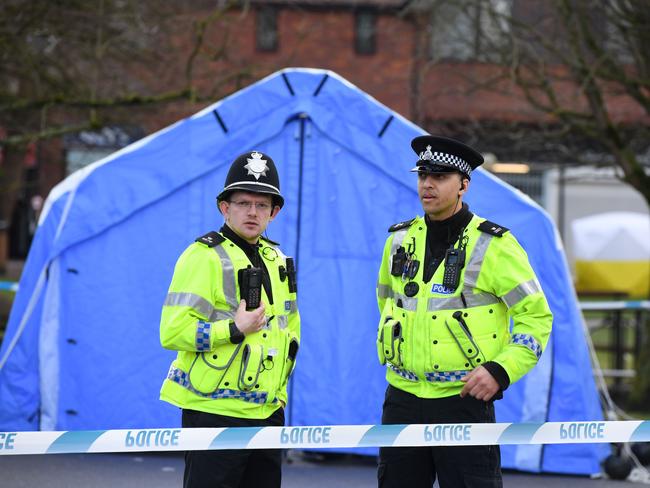
The first Cold War was the state of tense polarisation between the East and the West — between the Soviet Union and other communist countries, and Western democracy including Britain, the US and the members of NATO.
It lasted from the late 1940s to 1991, when the Soviet Union was dissolved following political reforms such as perestroika and glasnost to dismantle the vast USSR empire.
The Cold War had as its battleground the underworld of espionage and as its warfare the assassination of spies.
Its most public stand-off was the United States’ boycott of the 1980 Moscow Olympics, a protest of Soviet military operations in Afghanistan.
It came closest to full-blown nuclear war during the Cuban missile crisis in 1962, when US President John F. Kennedy threatened military force after the USSR began secretly installing nuclear-armed Soviet missiles in Cuba, close to US shores.
COLD WAR 2.0
The apparent attempted murder of former Cold War double agent Sergei Skripal, 66, and his daughter Yulia, 33, appears to be the opening salvo in Cold War II, although not the first shot fired.
The salient fact for Britain’s government is that public safety was put at risk by the attack at a suburban shopping mall in southern England. In fact, one of the first responders, Detective Sergeant Nick Bailey, was also poisoned by the nerve agent.
As the three remain in hospital, with their prognosis unclear, Britain has said it has proof that the world’s deadliest nerve agent, the Russian-invented Novichok, was sprayed, sprinkled on or otherwise administered to the Skripals.
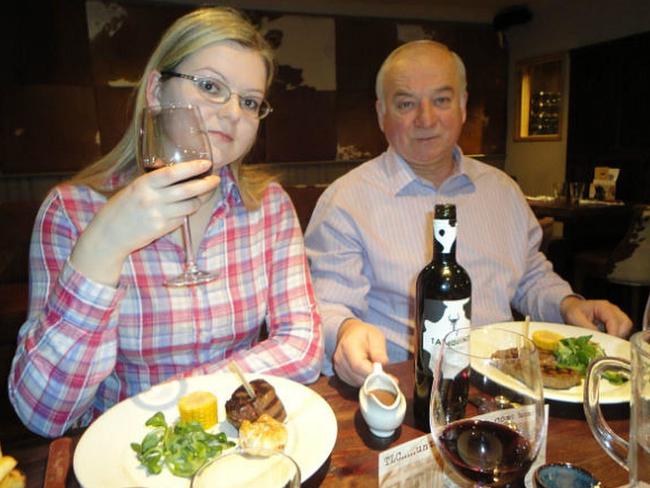
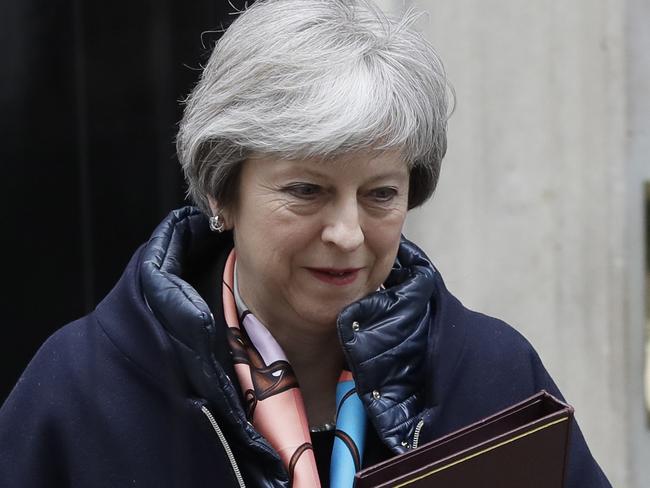
Eight days after the attack, police found the body of Nikolai Glushkov, 68, at his home in London on Monday. The cause of death is unclear.
Glushkov, a former executive of Russian airline Aeroflot was granted political asylum in 2010. He had links to other Russian exiles who have died in mysterious circumstances in the UK.
Counter-terrorism officers said publicly they saw no connection between the cases, but it hasn’t done anything to quieten the verbal battle between the nations.
On Tuesday, Russia vowed to retaliate if Britain imposed sanctions in response to a chemical attack on British soil. The Russian Embassy sent out a series of scathing tweets threatening the “crooked” UK with retaliation.
The use of Donald Trump’s favourite word about Hillary Clinton may give pause to reflect if the US President will be on Britain’s side in Cold War II.
However, Mr Trump publicly assured Britain its support in the wake of the poisoning.
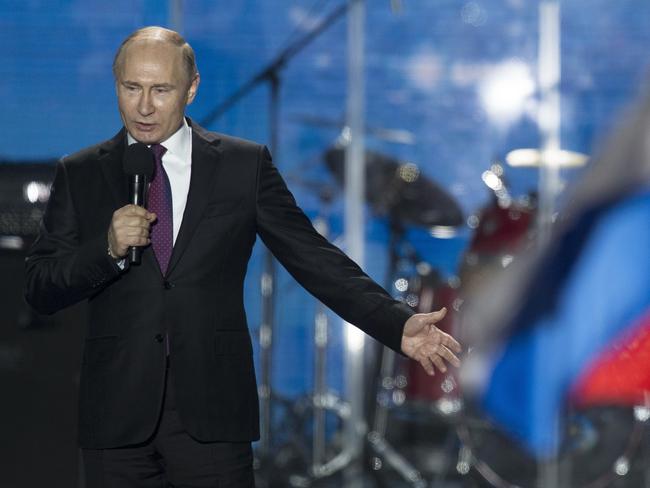
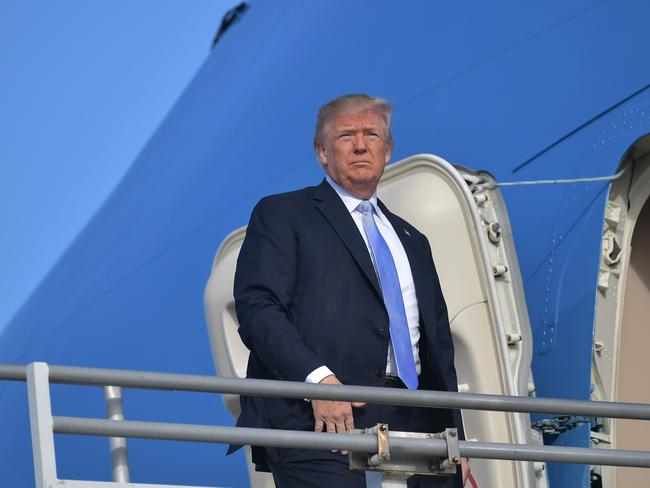
Ms May told Trump in a phone call on Tuesday that it was “highly likely that Russia was responsible for the attack”.
Despite a previously rocky relationship between the UK and US leaders, the White House responded, saying: “President Trump stated the United States stands in solidarity with its closest ally and is ready to provide any assistance the United Kingdom requests for its investigation.
“President Trump agreed with Prime Minister May that the government of the Russian Federation must provide unambiguous answers regarding how this chemical weapon, developed in Russia, came to be used in the United Kingdom.”
But in the tweets, both before and after May’s announced expulsion of its diplomats, the Russian embassy said Russia would not co-operate with Skripal inquiry until it has been given a sample of the nerve agent.
“Britain must comply with the Chemical Weapons Convention which stipulates joint investigation into the incident, for which Moscow is ready,” read one tweet.
3/7 Moscow will not respond to London’s ultimatum until it receives samples of the chemical substance to which the UK investigators are referring. pic.twitter.com/B5CNtimcc3
— Russian Embassy, UK (@RussianEmbassy) March 13, 2018
On Wednesday, the embassy tweeted, “statement by PM @theresa_may Theresa May in Parliament on measures to ‘punish’ Russia constitutes an unprecedented, flagrant provocation that undermines the foundations of normal dialogue between our countries”.
It also tweeted that Skripal was “was actually a British spy, working for MI6”.
He was actually a British spy, working for MI6 pic.twitter.com/PPAcE8a9vz
— Russian Embassy, UK (@RussianEmbassy) March 8, 2018
HISTORY OF ATTACKS
The murder attempt on Sergei Skripal and his daughter follows a series of deaths of Russians, all critics of Russian president Vladimir Putin.
The most infamous in Britain before the Skripal attack was the 2006 poisoning of ex-KGB agent Alexander Litvinenko. He died three weeks after drinking a cup of tea laced with deadly polonium-210 at a London hotel.
A British inquiry found that Mr Litvinenko was poisoned by Russian agents Andrei Lugovoi and Dmitry Kovtun, on orders that had “probably been approved by President Putin”.
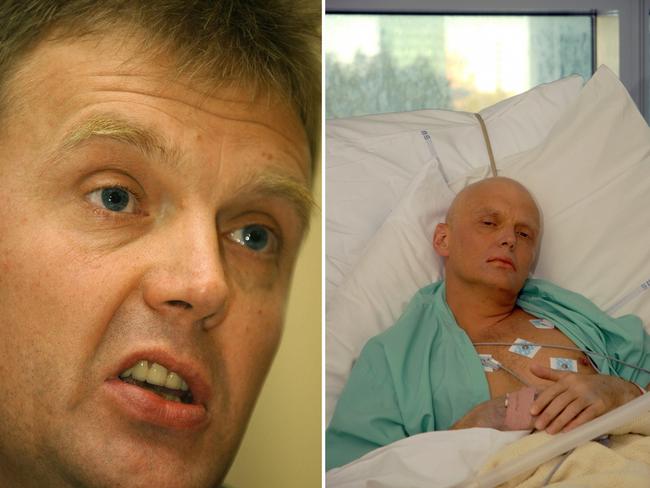
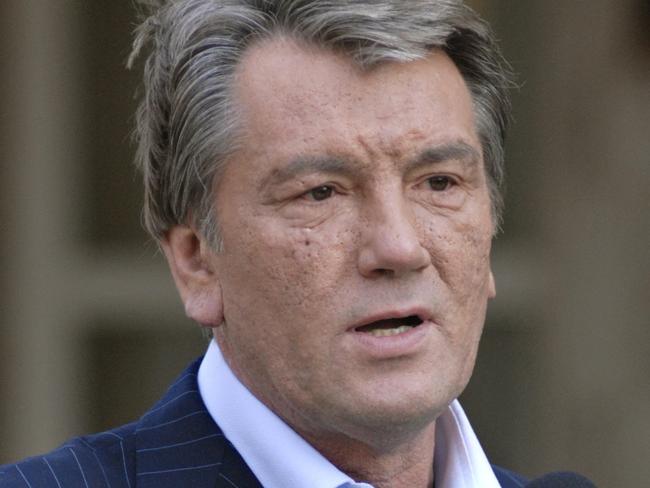
Former Ukrainian president Viktor Yushchenko survived an attempt on his life in 2004 by an unknown assassin who laced his soup with TCDD dioxin.
In 2013, Boris Berezovsky died in England where he had fled to from Russia after a falling out with Mr Putin.
In exile, the Russian billionaire threatened to bring down the Russian president by force. He was found dead inside a locked bathroom at his Berkshire home, with a ligature around his neck, in an apparent suicide. However, a coronial inquest into his death recorded an open verdict after his cause of death could not be established.
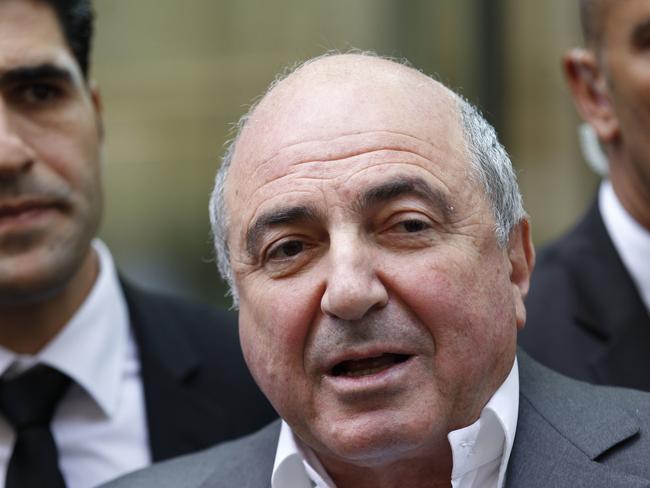
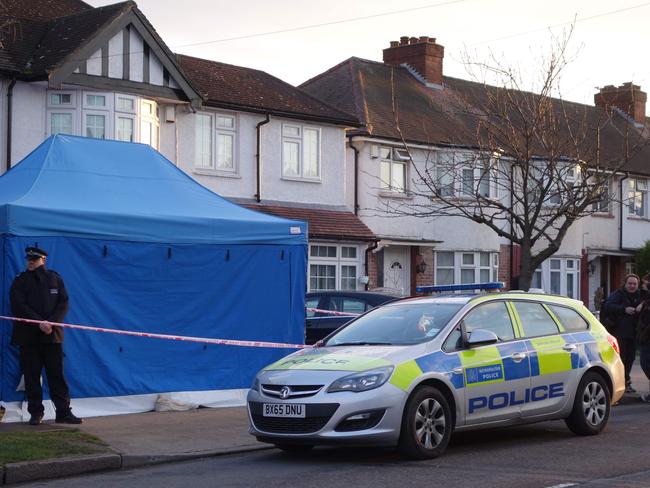
Nikolai Glushkov, who was found dead in London on Monday, was an associate of Berezovsky who never believed the billionaire had taken his own life.
WAR VIA SOCIAL MEDIA
Whatever turns this new Cold War may make, it is bound to be reflected in popular culture.
The first Cold War spawned music, movies, books, television and other media, as well as sports, social beliefs and behaviour.
Spy stories became part of pop culture both in the Soviet Union and in the West, with Russian audiences fed dramas on how KGB agents beat their American, British and Israeli counterparts from the CIA, MI6 and Mossad.
The West had books such as Tom Clancy’s The Hunt For Red October, The Manchurian Candidate by Richard Condon and the George Smiley novels by John Le Carre, notably Tinker, Tailor, Soldier, Spy, The Spy Who Came In From The Cold and The Honourable Schoolboy.
The Cold War also inspired spy spoofs like the classic 1960s TV series Get Smart.
